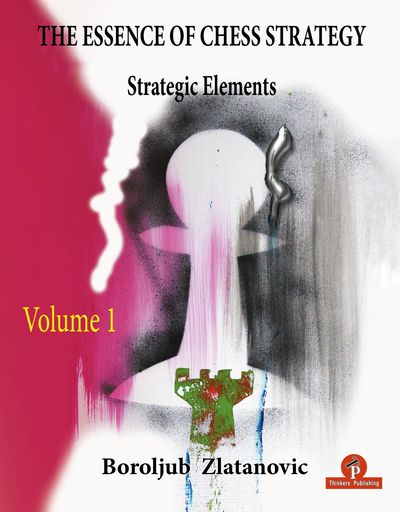Mark Dvoretsky
Preface
It is no secret that, although the foreword to any book stands at its very beginning, it is usually written at the very end, when the book is practically ready. And now here, before sending off the manuscript to the publisher, I sense an enormous relief - the work, which I embarked on many years ago, back in 1987, has at last been completed. Before you is the fourth, concluding book in the series School of Chess Excellence. It is constructed on the same principles as the three preceding titles: Endgame Analysis, Tactical Play and Strategic Play. You will continue your acquaintance with the results of the work of our creative laboratory -games and game fragments, played by the author of these lines or his pupils, and also with examples by other players, thoroughly analysed by us at study-training sessions. Before you is fresh material, which has either not been examined at all in other books, or which here has been subjected to a creative reinterpretation. With its help I will talk about problems that are important to any player. This will cover both general principles and improvement methods, preparing for a competition or an individual game, the technique for finding a move directly at the board, and the secrets concealed behind a specific position.
As in the preceding books, you will be offered numerous tests (sometimes quite difficult) for independent solving. They are divided into 'questions' (signified by a letter Q followed by the number of the part of the book and the number of the question), answers to which you will find in the subsequent text, and 'exercises' (letter E) with answers at the end of the book. There you will also find a thematic index: after deciding on the proposed type of training (the particular playing skill that you wish to develop), with the help of the index you can choose appropriate exercises to solve.
But what is it that distinguishes this book from the previous books (of course, apart from the specific chess material)?
1) Here it is largely games that are analysed (from beginning to end), and not their fragments.
2) Compared with the other books in this series, substantially more space is given to the analysis of the opening problems that confront a player in a particular game. The first half of the book is altogether devoted to opening preparation (although, as you will see, not only to this), and also in the second half nearly every game is accompanied by detailed opening information.
The main attraction of chess is its thematic content. I hope that this book, like the preceding ones, will provide a guide for you through the rich and diverse world of chess ideas, will help you to perceive the depth and beauty of schemes generated at the board, in tournament or match play, to
disclose the causes of mistakes and to be aware of the hidden forces that determine the plans of chess encounters. As a result you will significantly improve your understanding of chess, and your practical playing strength will rise.


